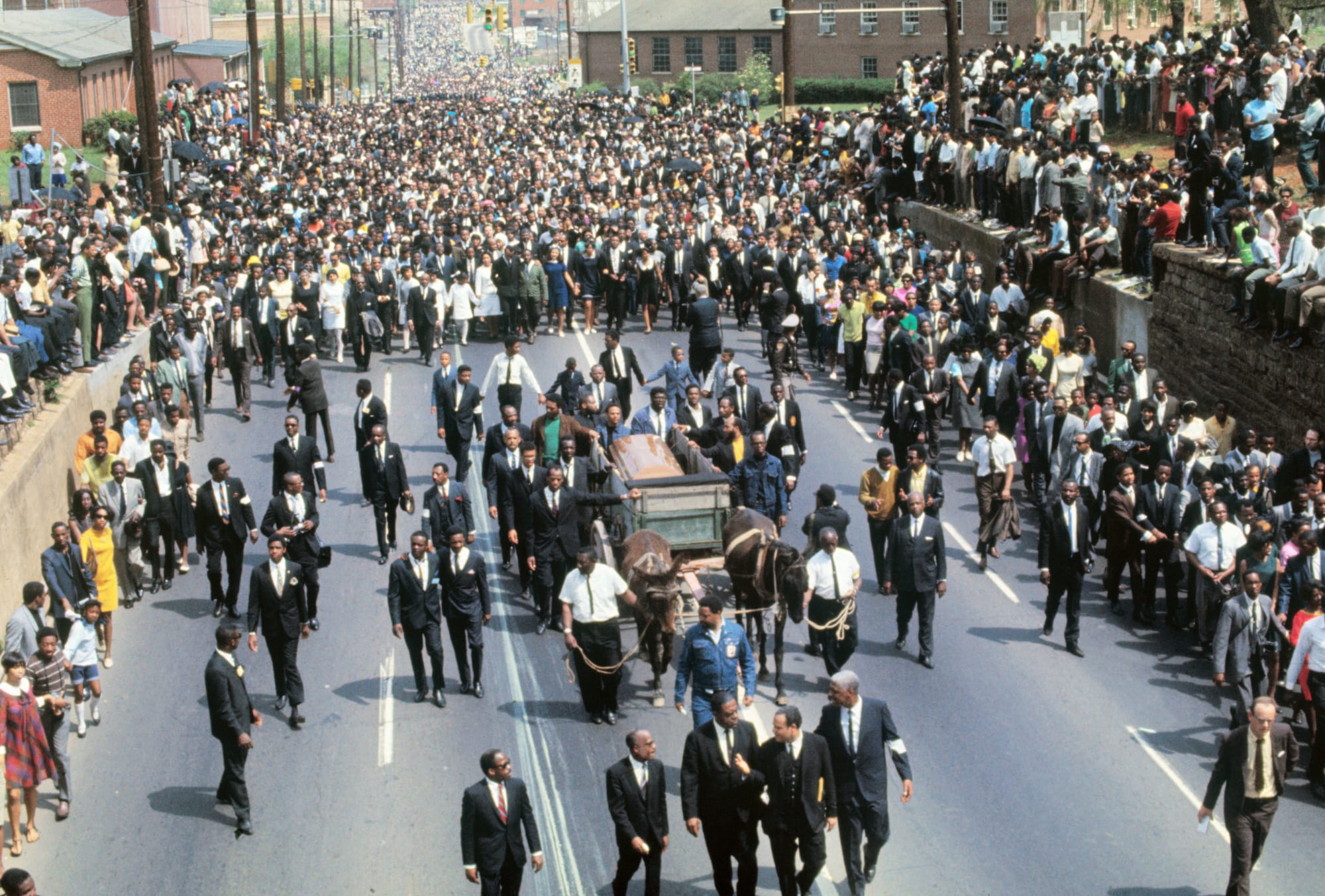History
The Tragic Assassination of Martin Luther King Jr.: A Day That Changed America Forever

On April 4, 1968, the world was shocked by the news of the assassination of Martin Luther King Jr., one of the most prominent leaders of the American civil rights movement. King was shot and killed while standing on the balcony of the Lorraine Motel in Memphis, Tennessee, where he was preparing to lead a nonviolent protest march. His death sent shockwaves through the nation and around the world, and sparked widespread mourning and outrage.
King’s assassination marked a turning point in the civil rights movement, as his nonviolent philosophy and powerful speeches had inspired countless others to take up the cause of racial equality and social justice. He had become a symbol of hope and courage for millions of people, both in the United States and around the world.
The assassination of King was a stark reminder of the violent opposition that the civil rights movement faced, and of the sacrifices that its leaders and supporters had to make in their fight for justice and equality. Despite these challenges, however, the movement continued to grow and to make significant progress in the years that followed King’s death.
The investigation into King’s assassination was marked by controversy and conspiracy theories, as many people were skeptical of the official explanation that a single gunman, James Earl Ray, was responsible for the shooting. Ray was eventually convicted of the murder, but many people remain convinced that there was a larger conspiracy behind the killing.
In the decades since King’s death, his legacy has continued to inspire people to fight for racial equality and social justice. King’s speeches and writings, including his famous “I Have a Dream” speech, continue to be widely read and celebrated, and his message of nonviolence and love continues to resonate with people around the world.
In conclusion, the assassination of Martin Luther King Jr. was a tragic and seminal moment in American history, marking a turning point in the civil rights movement and inspiring a new generation of activists to continue the fight for justice and equality. Despite the challenges and opposition that he faced, King’s legacy continues to inspire and to serve as a reminder of the power of courage, determination, and nonviolent resistance in the face of adversity.

Atlanta, Georgia April 9, 1968
Getty Images / Bettmann / Contributor


You must be logged in to post a comment Login